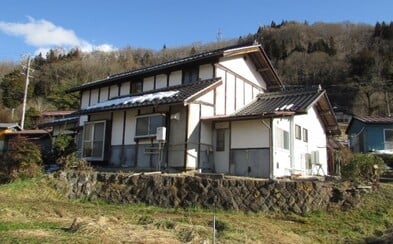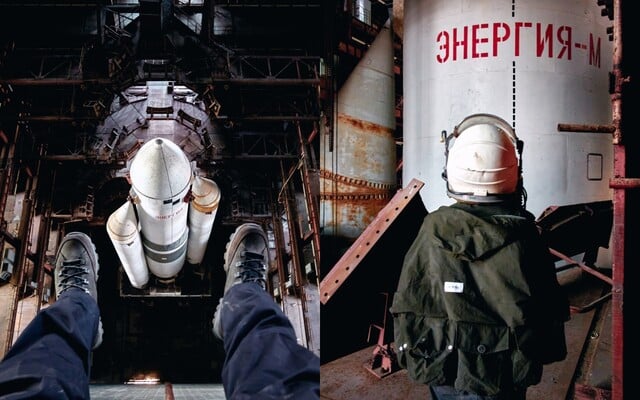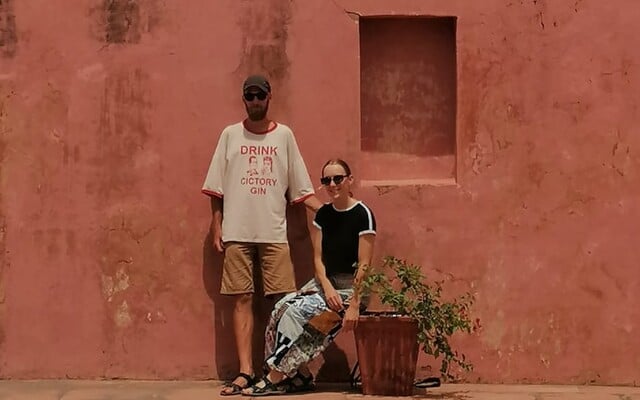 Latex model Natália: It turns me on to be a live f*ck doll. I can turn into a completely different person
Latex model Natália: It turns me on to be a live f*ck doll. I can turn into a completely different person
Latex model Natália: It turns me on to be a live f*ck doll. I can turn into a completely different person
Latex model Natália: It turns me on to be a live f*ck doll. I can turn into a completely different person
Curious Penguins, Loaded Pizza Or Plastic Bags Filled With Money. Victoria Talks About Life In Argentina
Victoria got a taste of life in Argentina. She will tell you about cheese pizza, poverty outside the capital, but also about breathtaking nature and curious penguins.
If problems persis, please contact administrator.
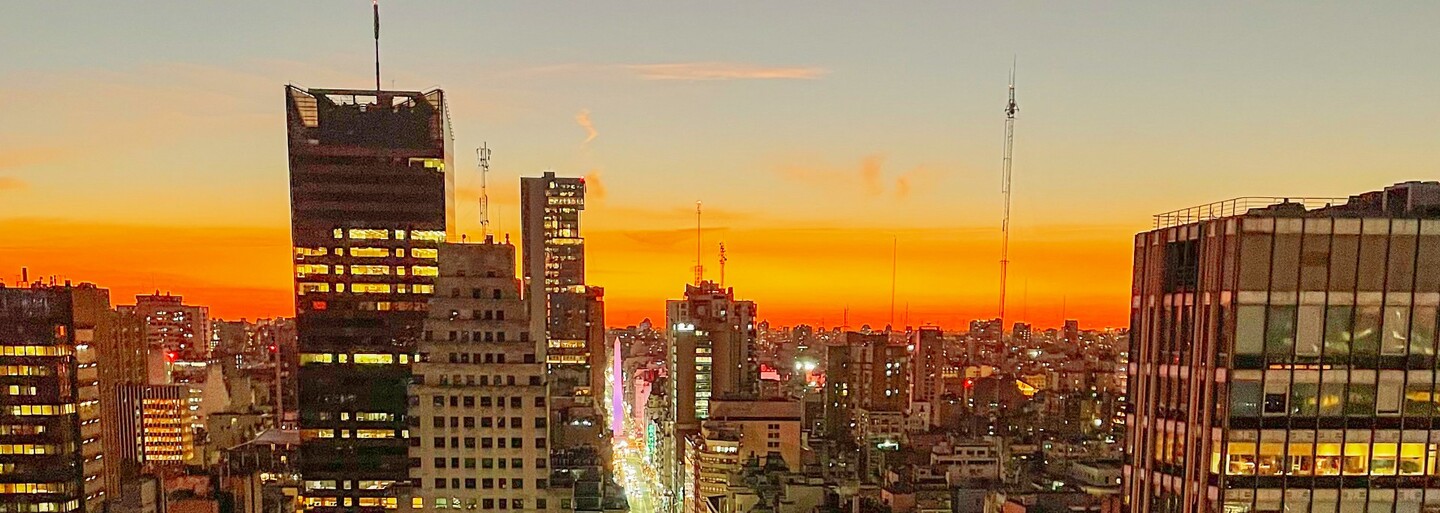
Viktória Čelovská is a young traveler from Slovakia. She comes from a village in eastern Slovakia, but currently lives in Prague, where she studies at university. Besides school, she works in the field of marketing.
Victoria claims that she does not stay in one place and, in addition to exploring the surroundings, she also likes to go on trips around the world. She is accompanied by a friend who is equally passionate about travel. On her travel list, the young Slovak can boast of many foreign countries, including Argentina, where she lived for six months. Buenos Aires is close to her heart, and that's why when we approached her, she didn't hesitate for a second and agreed to collaborate on this article.
From school into the world
Victoria came to Argentina for the first time around mid-January this year through the program of the university she attends. Since she was a child, she was inclined towards Latino culture, at home she watched soap operas and danced. Argentina also appealed to her with her language, as she had been learning Spanish for a long time. Her boyfriend also went on the trip with her and they rented an apartment in Buenos Aires.
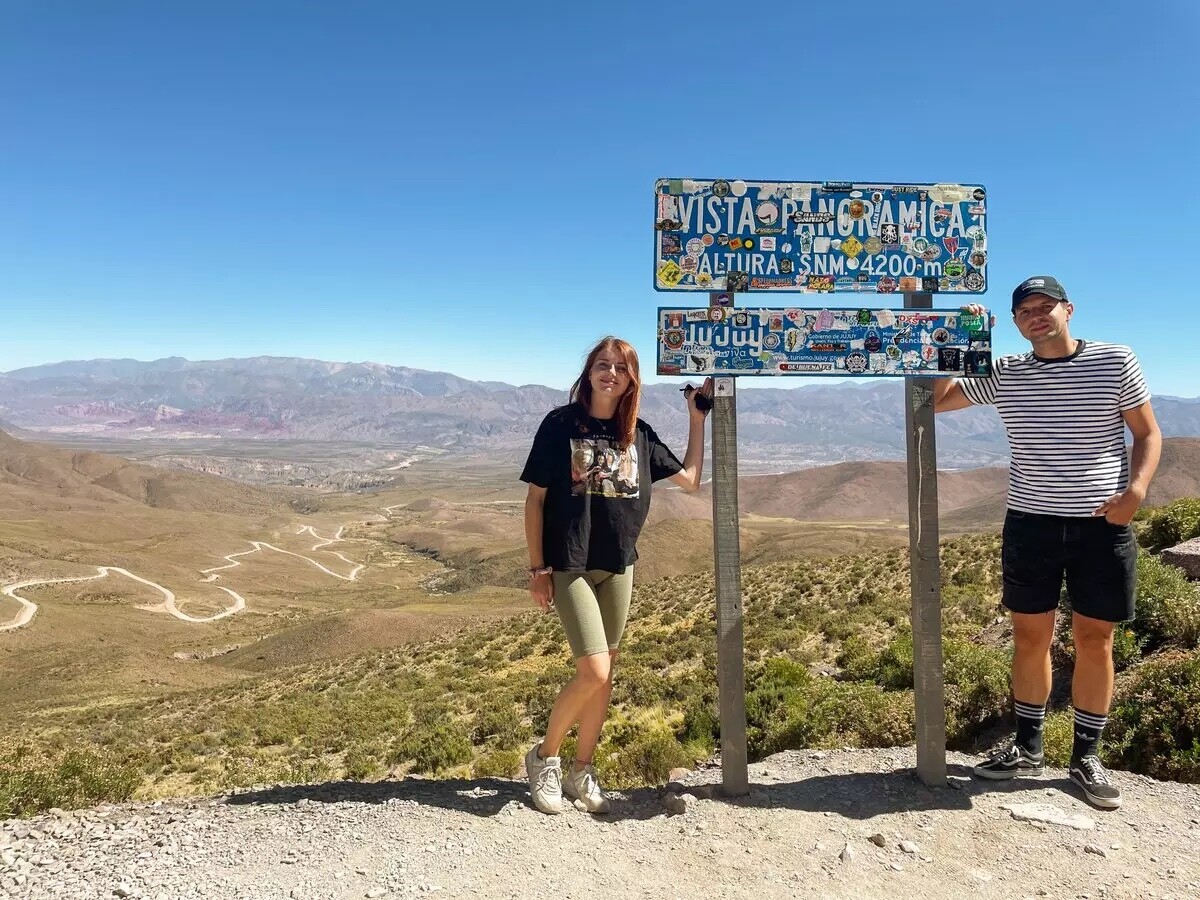
"Immediately after arrival into the capital, when we got off the bus with our suitcases, an elderly lady spoke to us. She asked if we needed help with navigation or anything else. I was pleasantly surprised by that," says Victoria about the people in Argentina. She had suspected their good-heartedness and temperament before, but after arriving in Buenos Aires, her thoughts were confirmed.
Together with her boyfriend, they found many Argentinian friends in the capital. It was thanks to them that they had a chance to look into what family circles are like. Family is everything to Argentinians and they also include friends in it. They often meet in larger groups and drink maté together, a drink made from Paraguayan holly. They are always willing to share it with others, even if they may not have enough.
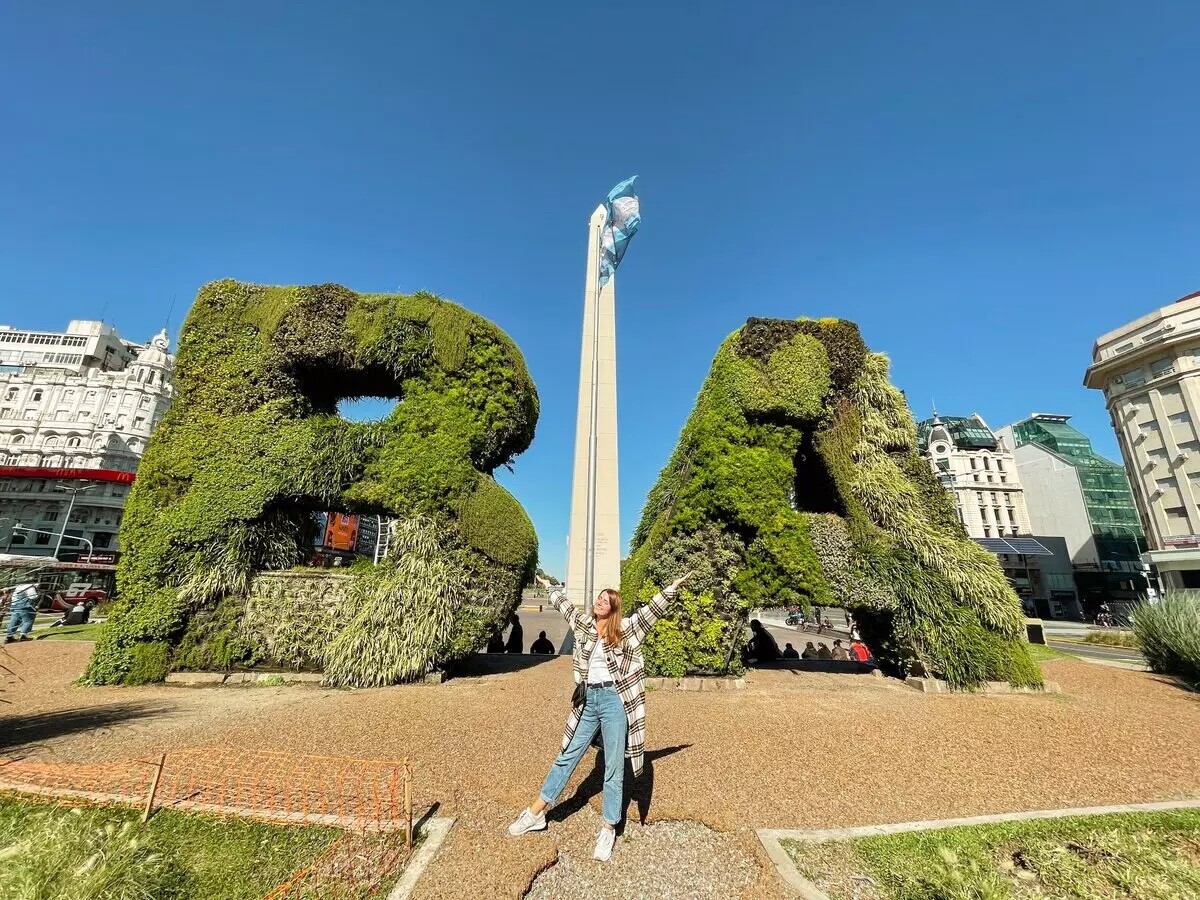
"When the teacher came to the classroom, the students greeted him, some even exchanged kisses on the cheeks. They maintain relationships with each other, for example, through social networks, where they often write to each other. There was a sense of mutual closeness everywhere," describes Vicky. They are hospitable. They are also willing and helpful. In Argentina, most people are said not to envy and judge each other.
Is it a puma or is it not a puma?
Many people have fixed Latin America as a dangerous place. However, something else emerges from Victoria's personal experience. She can safely say that she never felt unsafe in the country. Well, maybe once, but not because of people.
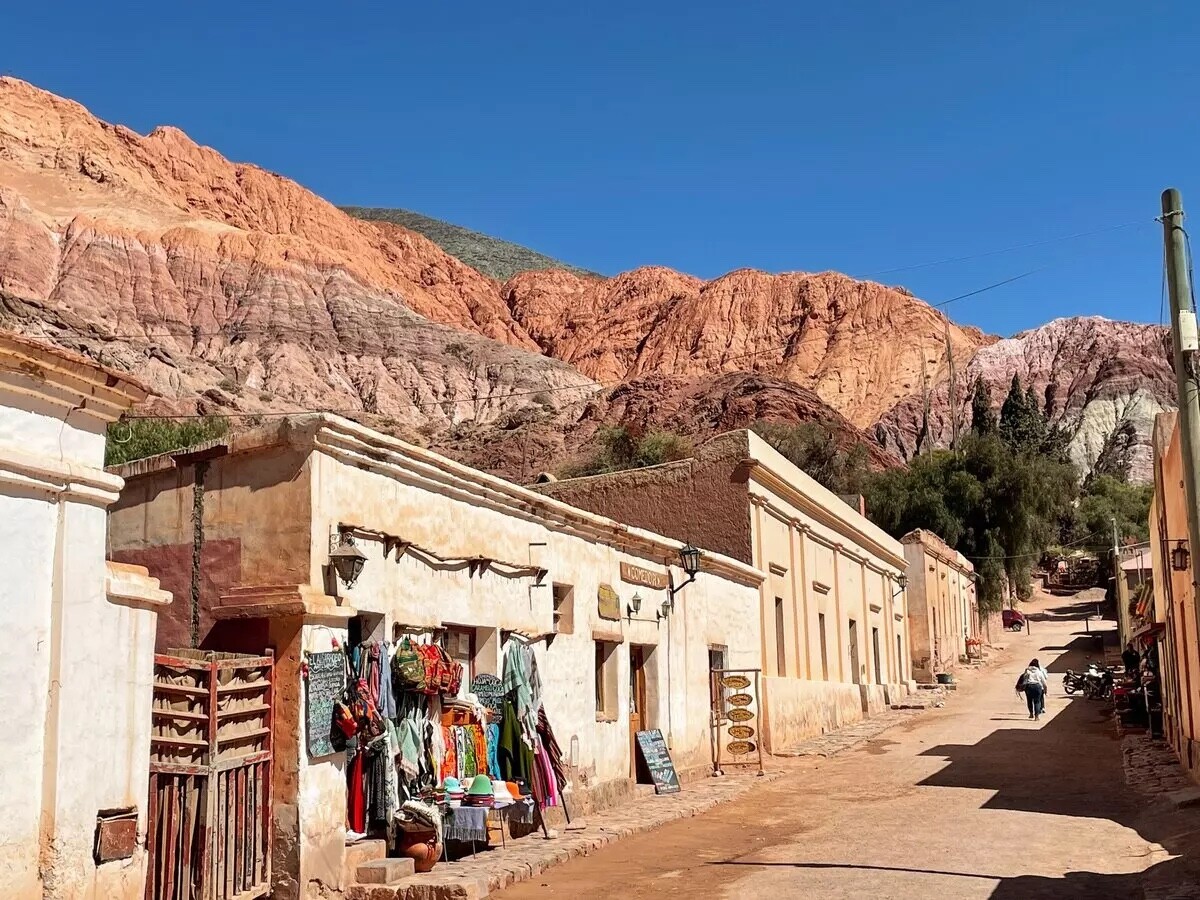
"We camped in Patagonia for a long time. We had seen pumas in some places before, but they were always far away from us and we thought we were in no danger. But one night we heard their roar. It was really very noisy, we estimated that they could have been only a few meters from us," says Victoria. So they decided to look outside and the pumas were indeed near their camp. Everyone was suddenly on their feet.
"Besides, my boyfriend had a sausage in his rucksack. (laughs) I was afraid that it might attract the pumas closer. Fortunately, nothing happened and the pumas left," she says, adding that despite her good experience, Argentina should not be taken as the safest place on earth. She advises anyone who goes there to be vigilant.
Penguins like yellow
She still remembers the sunsets and sunrises in the Argentinian sky. In addition, the charm of the city did not escape her eye, and the architecture appealed to her. Buenos Aires is said to be the Paris of Latin America, and according to this woman, there is some truth in that.
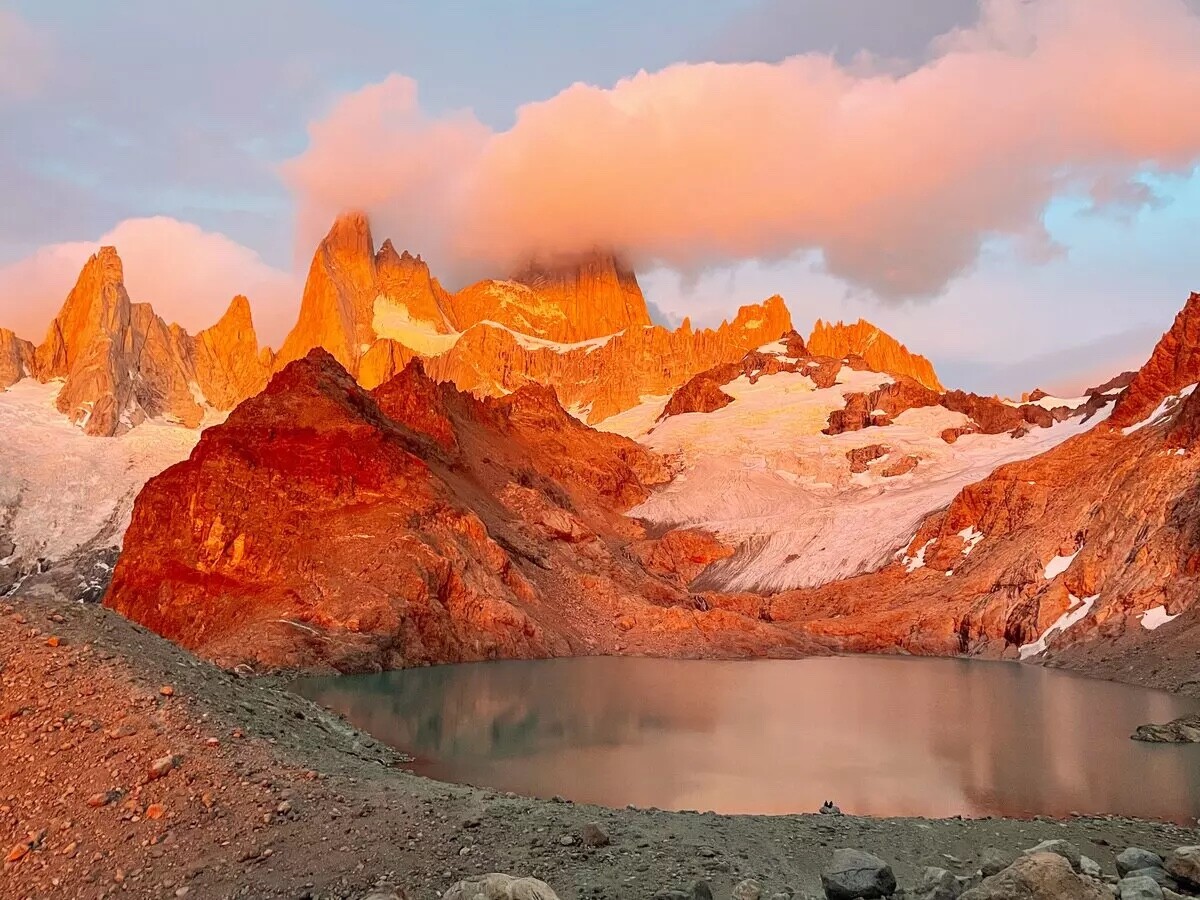
In addition to Patagonia, she also visited Ushuaia, the southernmost place in the world. It was in the summer, but there was no heat. In Buenos Aires, temperatures rose to 30 degrees Celsius, in the south it was only around 14-15. At that time there was no snow, Vicky and her friend found something much rarer there.
"There were penguins on the island that we used to walk with. I expected them to be shy, but the opposite was true. I was wearing a yellow jacket, which one of the penguins seemed to like. He came really close to me and was looking at me. The guide who was there with us said that penguins don't normally do this, so I felt special. It was a great experience."

In the south, frosty beauty, in the north, the wine region and the largest waterfall system in the world, Iguaçu. Argentina is a country of contrasts and you can experience everything during one stay there.
Steaks are not the only thing eaten during breaks
If the name of the country were to be associated with some food, it would probably look something like this: Argentina = steak. Victoria's boyfriend said he had never eaten a better steak anywhere in the world. Even she, despite not eating meat, tasted it. It probably won't be a surprise, but the taste took their breath away.
However, Argentinian cuisine is also about something else. Many restaurants are inspired by Italian cuisine. They created their own fugazzeta pizza, which they upgraded a bit. It is much richer, filled with cheese and often sprinkled with onions.
"We were in a restaurant where this pizza was sold. I learned that the cooks put one and a half kilograms of cheese on it. I ate a really small piece of it and I had enough. Whoever eats more is asking for a gallbladder attack," jokes Victoria.
Another popular dish here is the empanada. They are juicy bags filled with various little things. Some are with ham and cheese, some with corn or onion. They sell them literally every step of the way and they cost about 30 cents each.
A popular treat here is dulce de leche. It's a caramel filling that they put in sweets. As Vicky says, it's quite addictive.
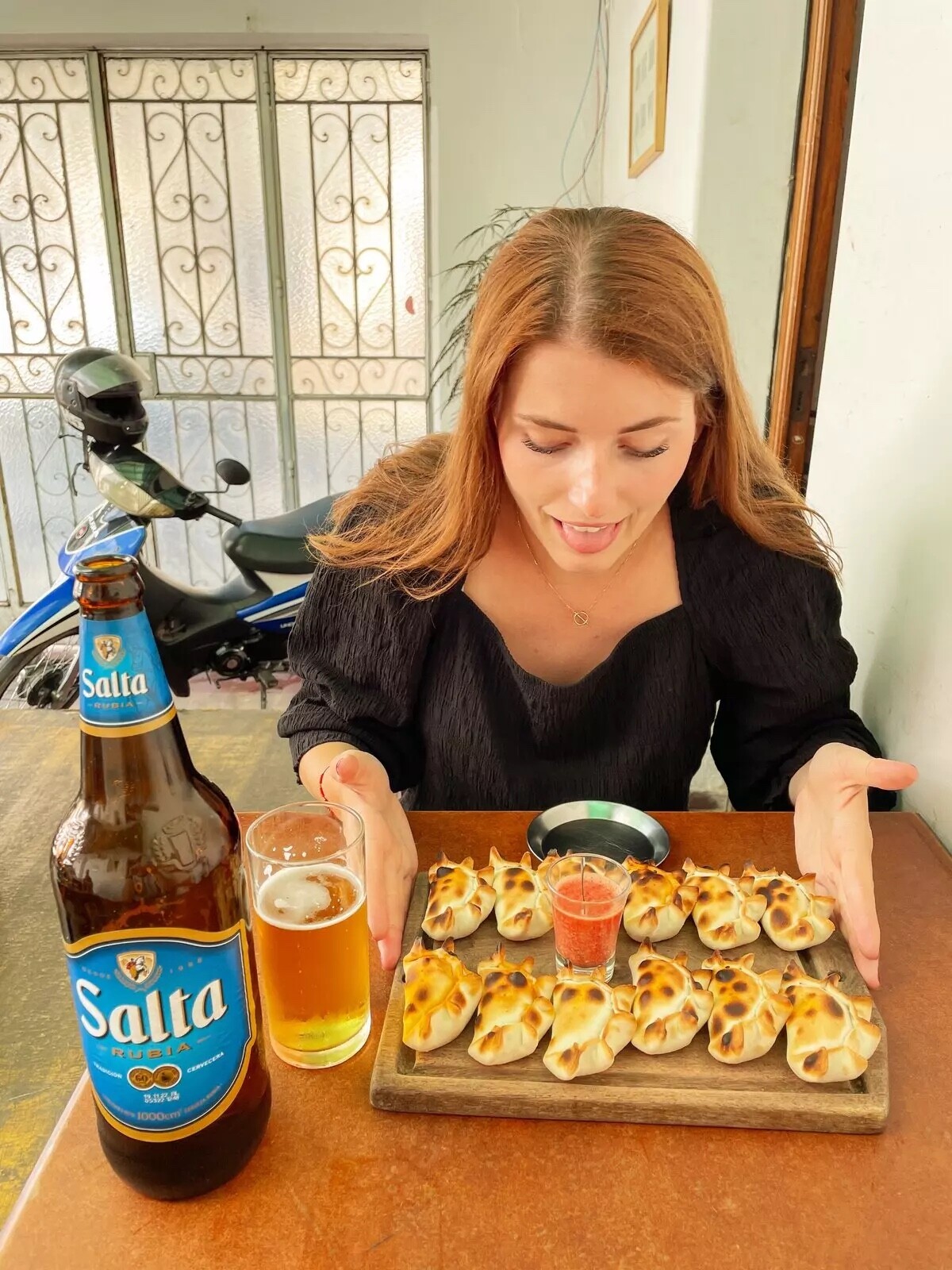
According to Vicky, food in Argentina was very cheap. The only thing she had a problem with was plain yogurt, which was always sweetened. Even one that said it was sugar free. The same goes for cornflakes.
Fast foods also have similar ones to ours. You can find McDonald's and KFC there. However, there are also many local fast foods in Buenos Aires that are imitations of big brands. Mostaza is similar to the Burger King brand, a place called Milanga offers cuts in different ways, and Tomaso is a special place where they serve empanadas.
Imaginary scissors between the poor and the rich
In Buenos Aires, poverty may not be so noticeable, but it is different in the rest of the country. Victoria did not notice the social differences during her stay, but when she got to the north of Argentina, the imaginary scissors opened up. In the rest of Argentina, poverty is a big problem. The biggest problem is for people living far from cities, who have to travel several hundred kilometres for work.
"Poor neighborhoods in Buenos Aires sometimes look like some Roma settlements here. Most are stuck together from bricks, without plaster. The locals call them villas," says Vicky.
Despite the fact that the country has abundant natural resources, they do not know how to make the most of them. In addition, they are affected by high inflation. In recent months, it reached up to 71 percent, which represents a serious problem.
"In the poorest parts, it works similarly to the Brazilian favelas. People build multi-generational houses from what they have money for and also from materials they can find. Bricks, wood, iron... They often don't even have a building permit from the state for their construction," she adds.
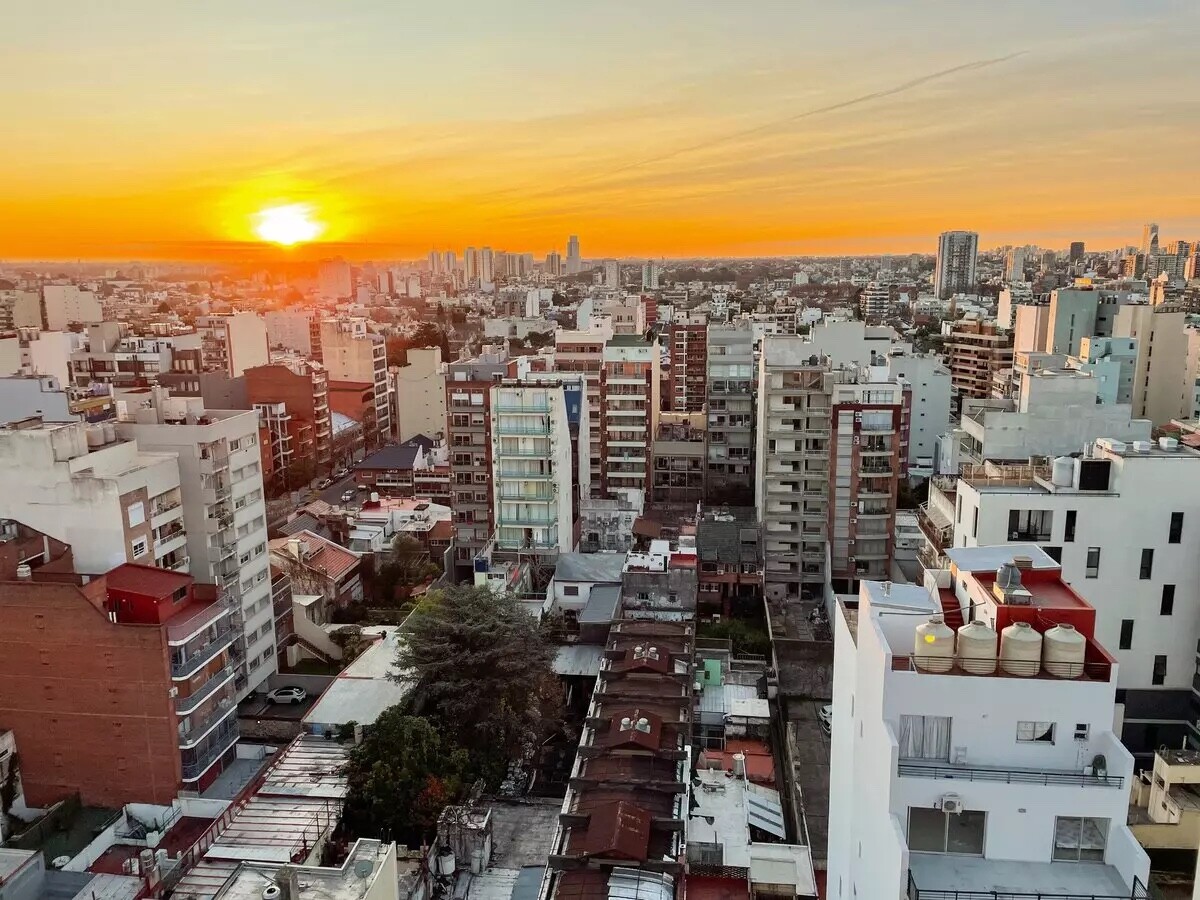
To the exchange office only with a bag
"The largest banknote (1000 Argentine pesos) in Argentina has (according to an unofficial calculation) a converted value of around four euros. When I went to collect money, I had to take my bags with me. It once happened to me that they gave me 230 pieces of banknotes and I only took out one hundred euros.''
Victoria recommends exchanging money in unofficial branches, otherwise it can be quite expensive. He also recommends paying in cash, because when you pay with an international card, it costs once twice as much money, because of the transaction fees and conversion according to the official exchange rate.
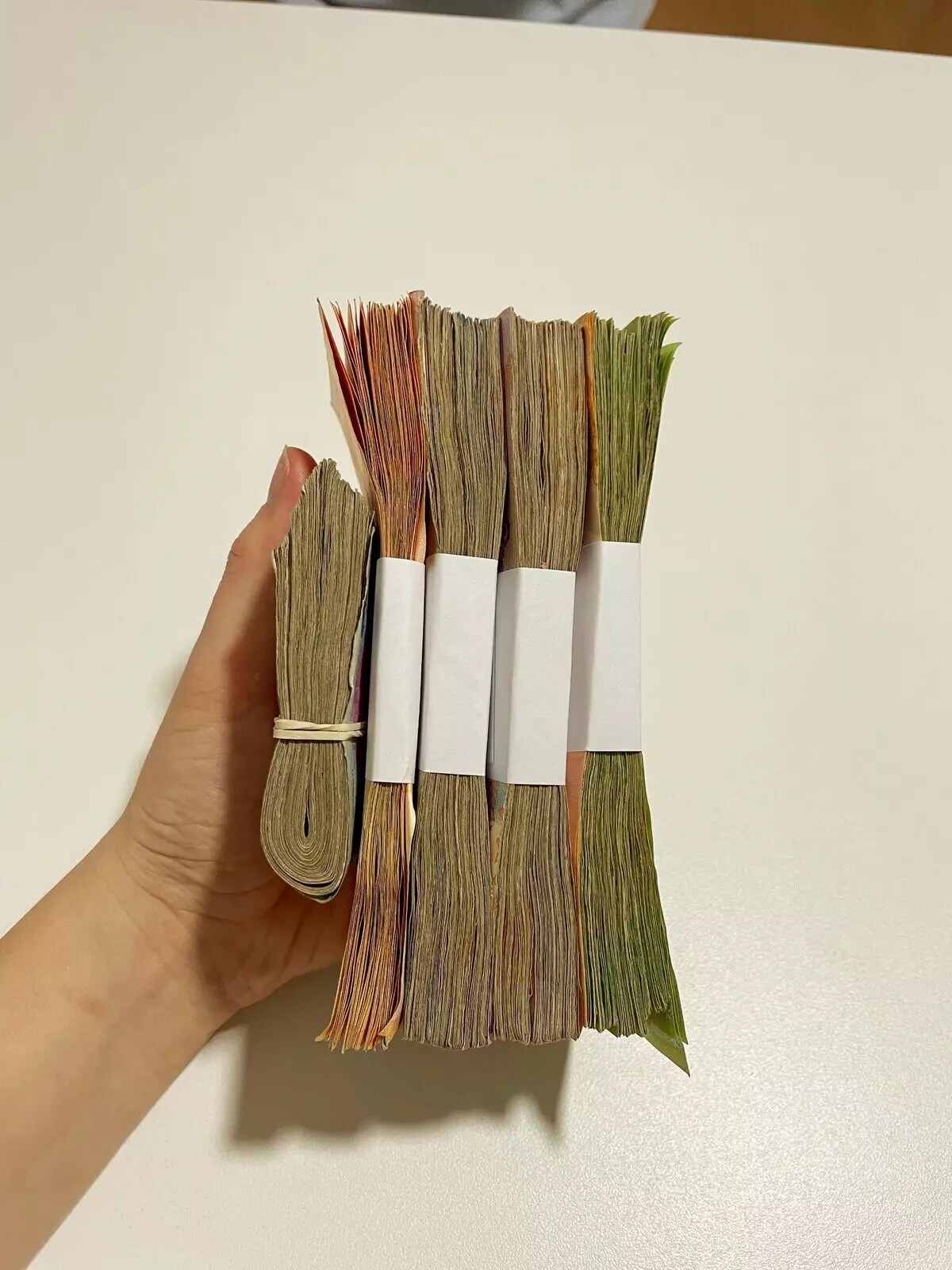
Buying on installments is popular in the country. Of course, great poverty is to blame. People buy literally everything from pants to sneakers to televisions on installments.
"I had a friend in the store. She told me that if I saw how much money she had in her account, I would definitely forbid her to buy pants. However, she later explained to me that if she buys them in ten installments without interest, in ten months the value of the installment will be much smaller due to inflation. That's when I understood how ordinary people live in Argentina."
Interest-free repayments are commonplace in the country. It works this way to make life easier even for the poorest, who could not afford almost anything for their wages. The minimum wage in the country is less than 55 euros.
From party to work
Nightlife in Buenos Aires is very varied. There are parties here and people live until the wee hours of the morning. The parties start around midnight and you don't have a chance to leave before six in the morning. Of course, people usually go straight to work there from the clubs.
If the housemates are not partying in the clubs and opt for a quieter alternative, they meet friends for dinner. However, they also come relatively late to those, which Vicky could not get used to. They eat around nine in the evening, some even later. At that time, the streets of the city are bursting with people and noise everywhere.
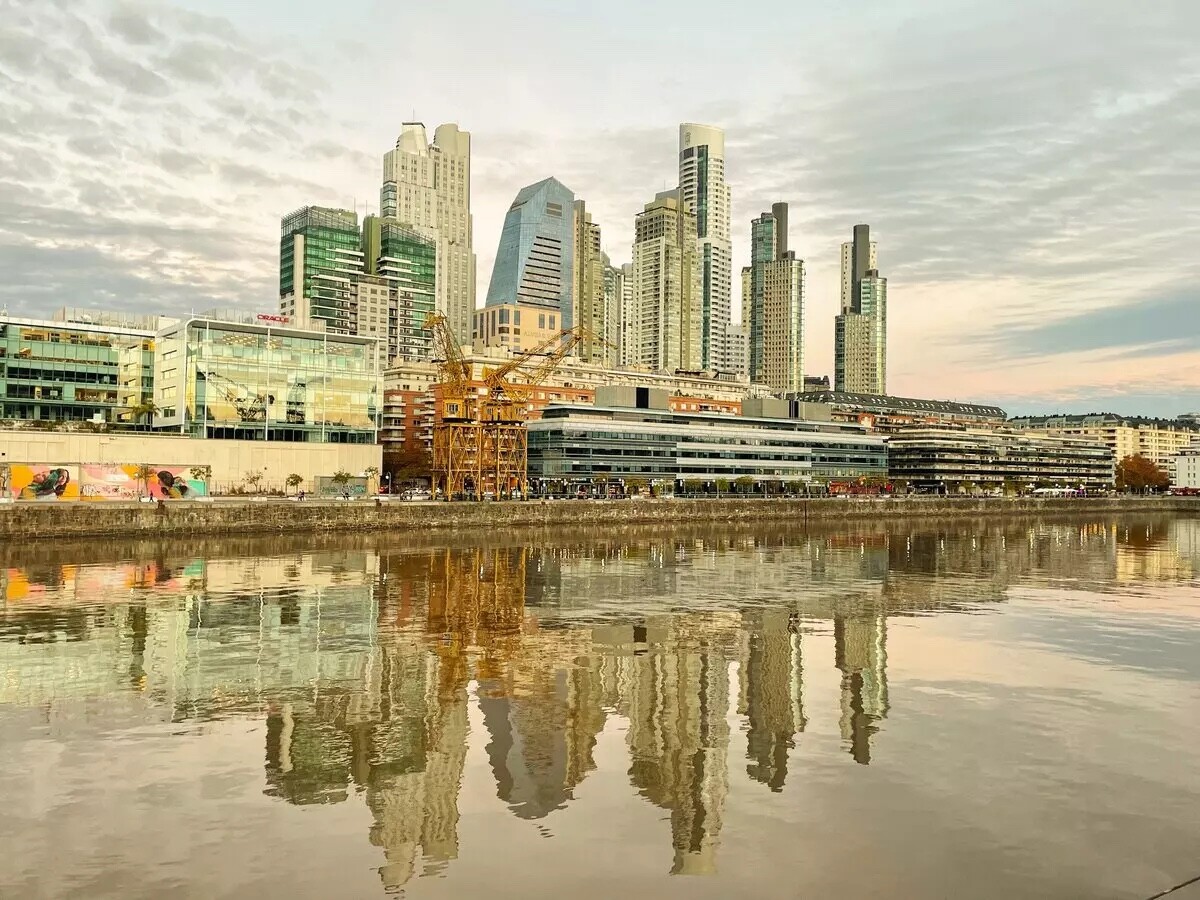
"However, spirits are not popular here. Argentinians have good beer and wine, but that's where it ends." she laughs.
Victoria has never met a drunk person on the street. People in Argentina have fun even without drugs, it's in their blood. Here and there she saw someone smoking marijuana, which is illegal there, so they did it secretly.
Clean, except for excrements
The streets of Buenos Aires are cleaned regularly, perhaps even on Sunday mornings. However, people are tormented by dog excrement. Argentinians love pets, especially dogs. Almost everyone has them there, some even more. There are even those who, in their free time, go out with other people's dogs when they are busy. They take leads and walk calmly even with ten furry ones.
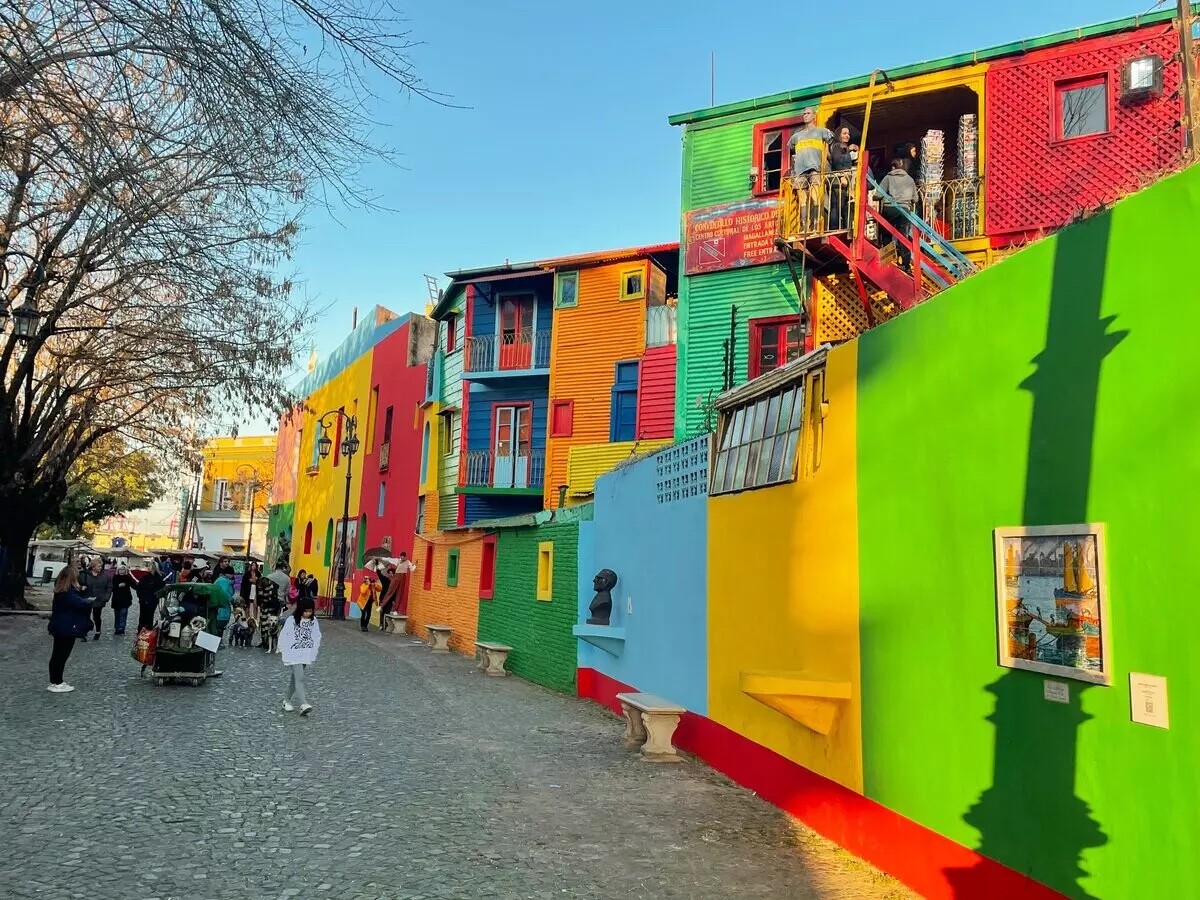
Victoria plans to return to Argentina in the future for several reasons. One of them is nature, which was the greatest experience for her. She is also drawn to traveling around the country and discovering new places.


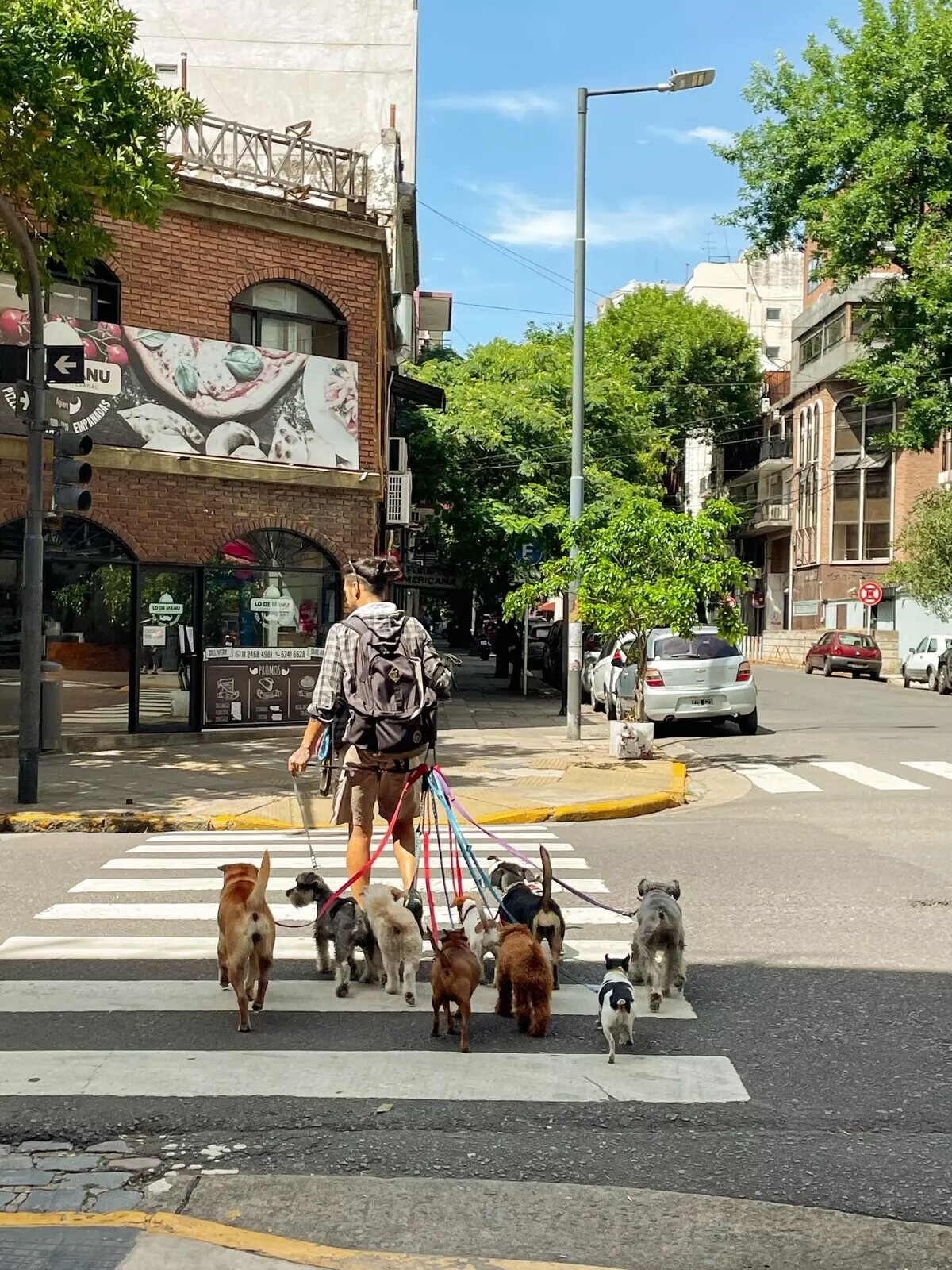
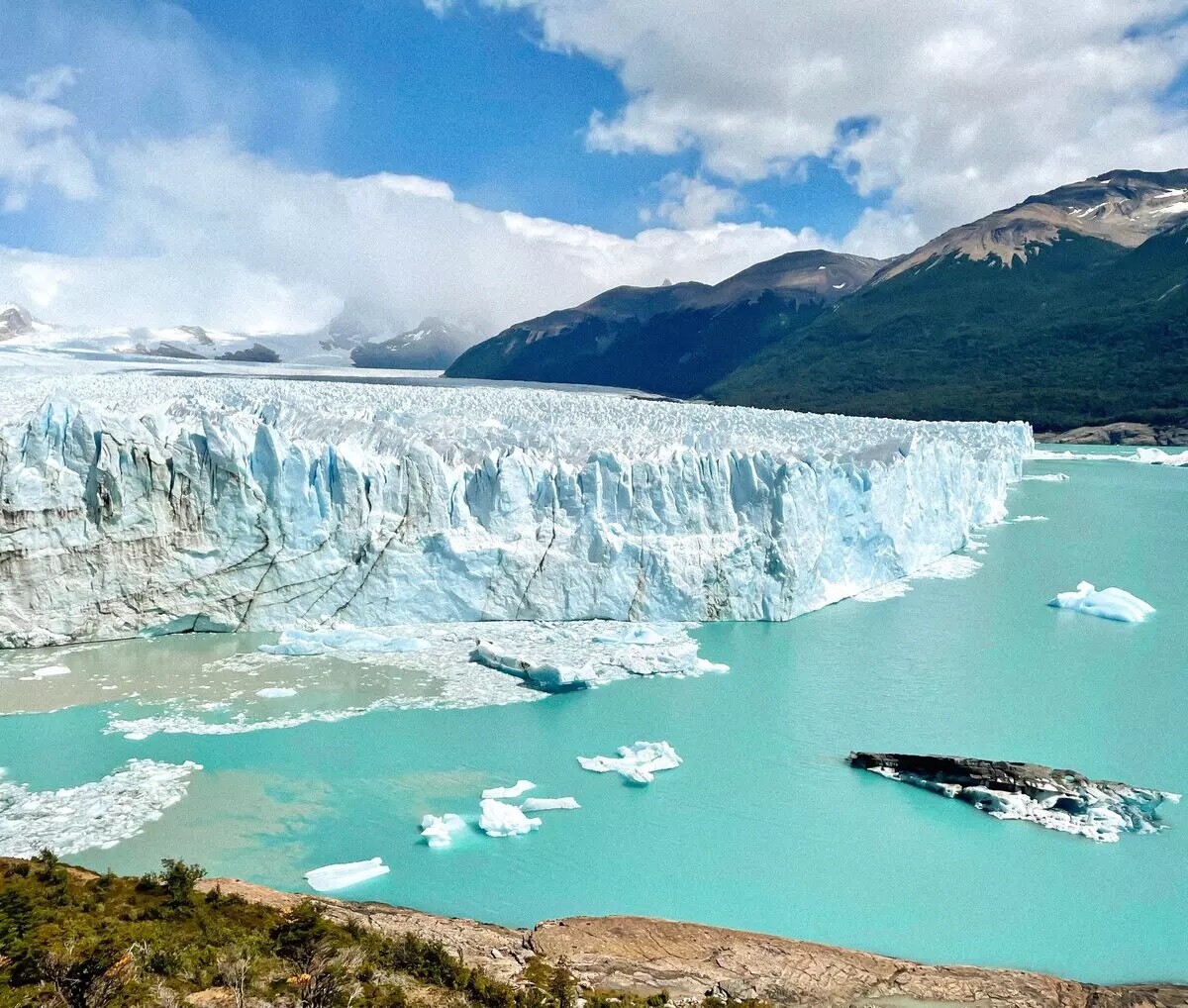
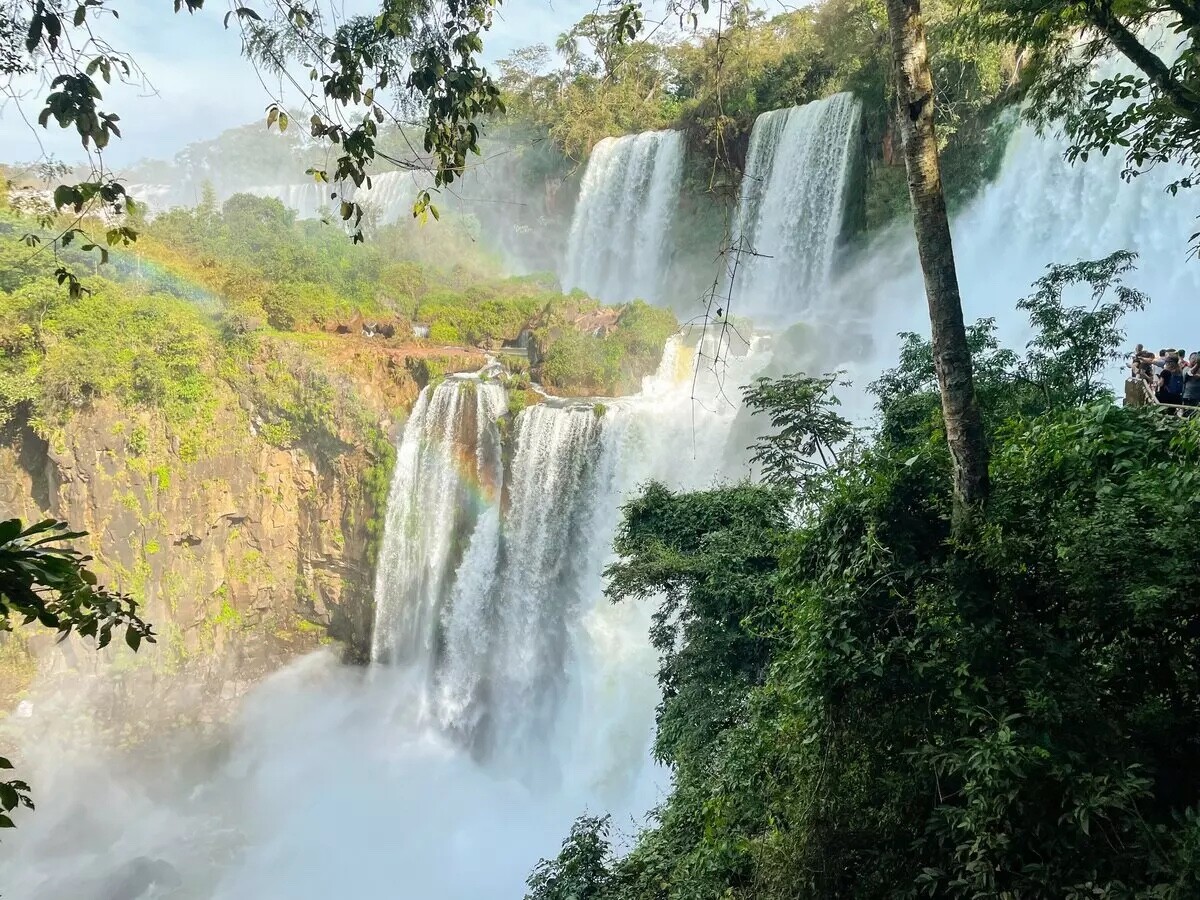
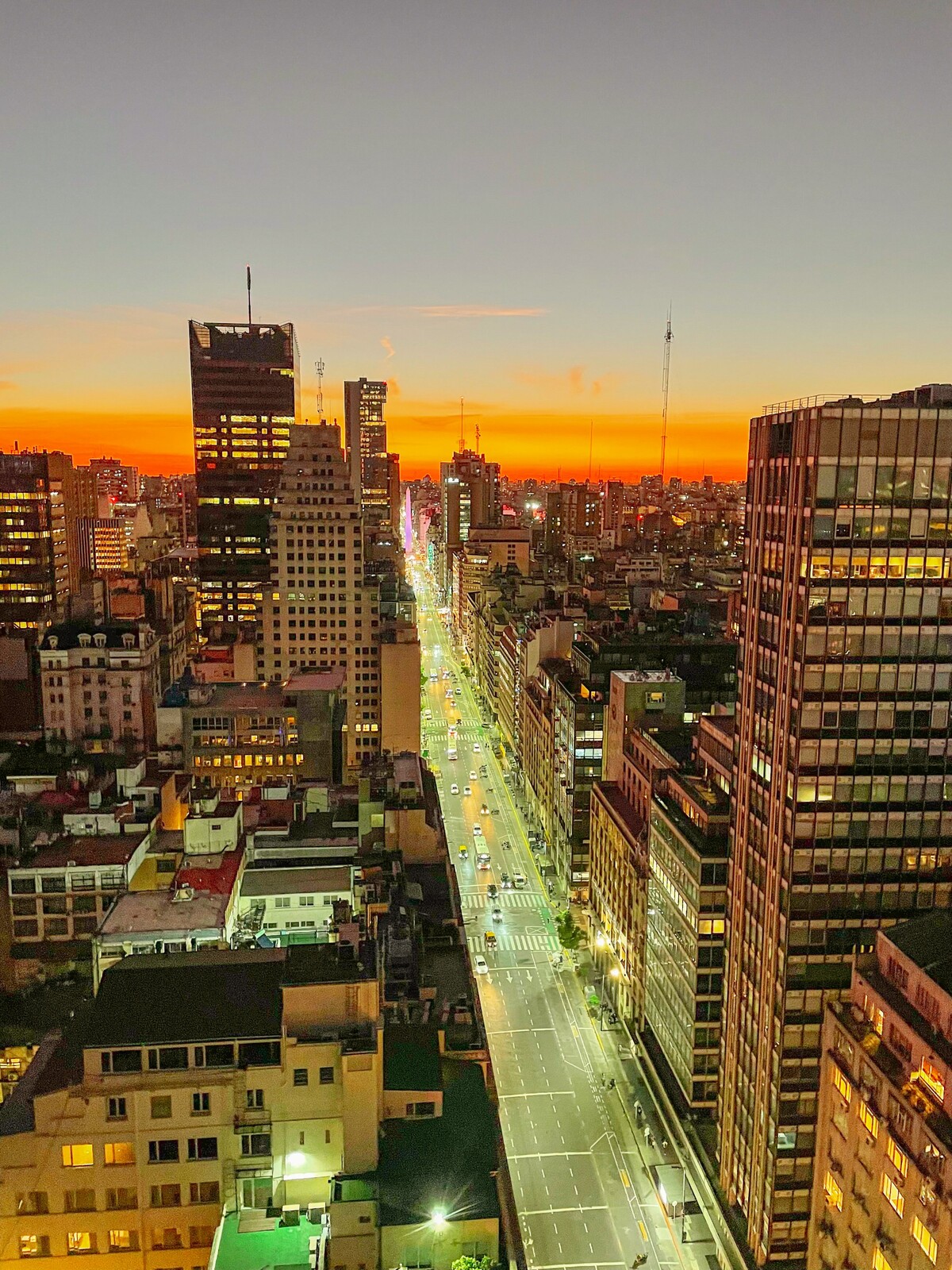
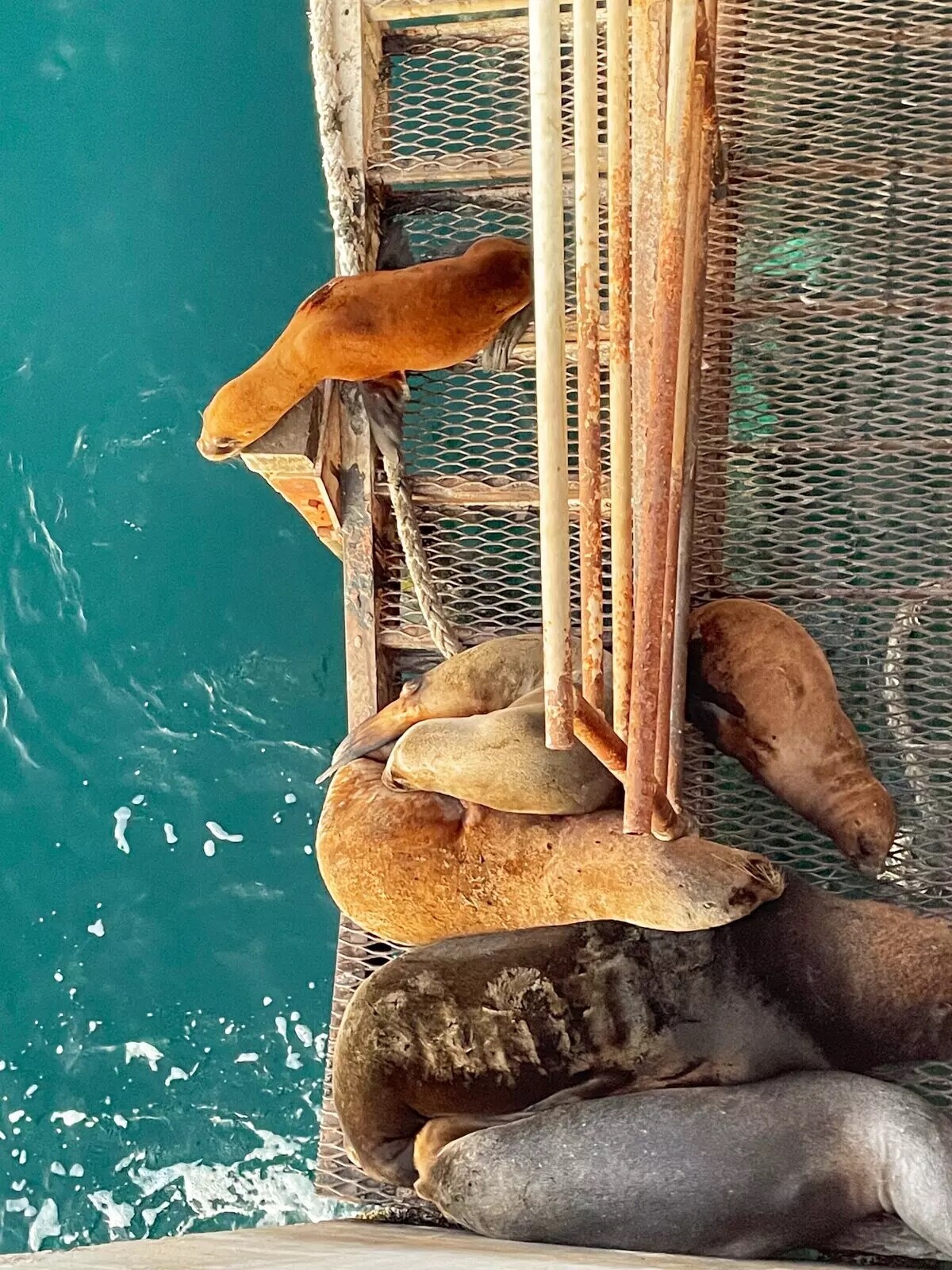
If problems persis, please contact administrator.




